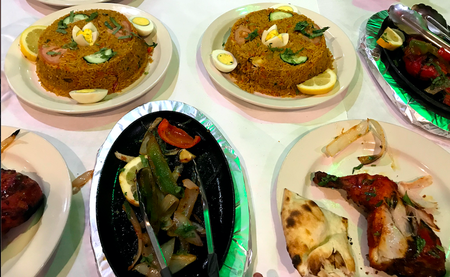More Than Just a Restaurant: Bismillah Kabob N Curry Cafe Is A Connection to Detroit’s Bangladeshi Community
The restaurant represents a bright spot in the often difficult relations between Muslim immigrants and communities around the region that have tried to keep them out.
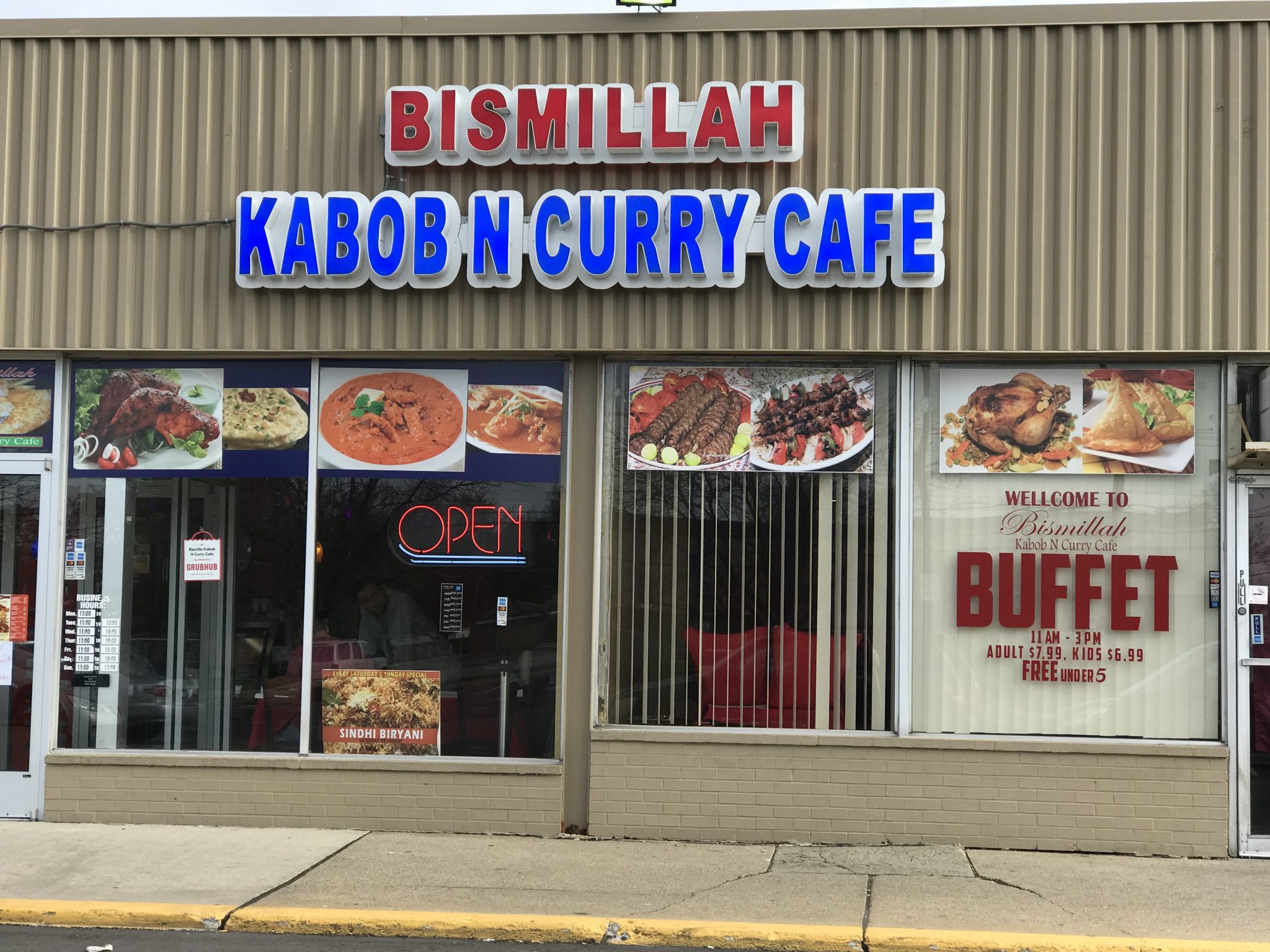
This report was produced in collaboration with Feet in 2 Worlds, a journalism fellowship focused on the intersection of food and community. Listen to the full audio piece produced by Nargis Rahman by clicking on the player above or read the full story below.
On some days Afzal Choudhury wears a red apron over his button-down shirt and khakis. Other days, the owner of Bismillah Kabob dresses in clothes he wears to the mosque, a thobe which goes down to his ankles and a prayer hat called a tufi. Afzal greets customers at his restaurant in a mixture of English and Bangla, his native language.
“Assalamu Alayum …”
Afzal began his journey to open the restaurant with one question: “What’s for lunch?”
Bangladeshi Migration to Warren
At the time he was teaching children in the City of Warren how to read the Quran. There weren’t many options for halal food…which is prepared according to Muslim dietary laws.
“A lot of people told me they eat at McDonald’s or Burger King because there was no halal food. I shared this with my friends. Then we decided to make a halal restaurant in Warren,” says Afzal.
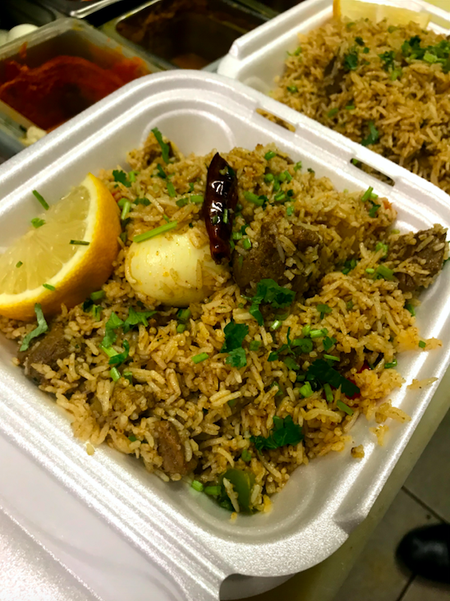
Afzal and his partners started Bismillah Kabob in a half-empty strip mall. Initially, the restaurant struggled in a mostly white neighborhood. Today, it’s a hub of the region’s growing Bangladeshi community. The strip mall is now home to other Bangladeshi – owned businesses including an accounting firm, an insurance agency and a grocery store. Across the street, there is a pharmacy and a mosque.
According to Saeed Khan, a lecturer of Near Eastern and Asian Studies at Wayne State University, the migration of Bangladeshis from Hamtramck and Detroit to the city’s northern suburbs is similar to that of Polish Americans decades earlier. “For example, Hamtramck at one time being the epicenter of Polish American life, both in the Metro Detroit area and even nationally, they essentially began the trend of moving northward from Hamtramck into Macomb County, and into places like Warren, and into Sterling Heights, moving not just as communities but also businesses.”
Overcoming Obstacles in the Suburban Migration
The City of Warren has a history of resisting the arrival of Muslim immigrants. Warren and surrounding Macomb County is known as the home of the “Reagan Democrats” – white, working-class people, often union members, who are politically conservative. In 2006, local officials blocked a plan to open Warren’s first mosque. The Islamic Organization of North America was eventually allowed to proceed after the U.S. Department of Justice stepped in to monitor the case. Now there are six mosques in the city.
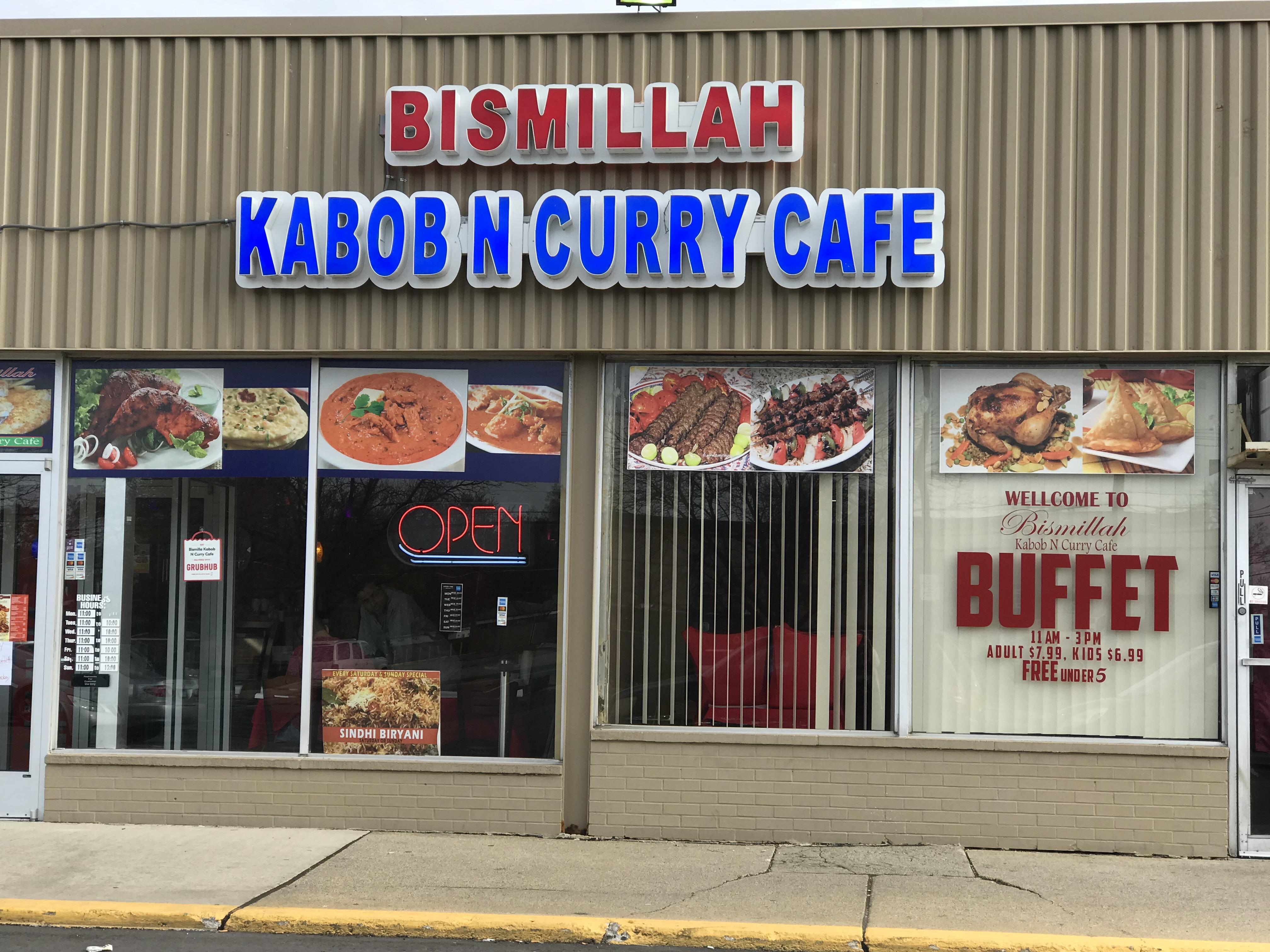
Warren’s Mayor Jim Fouts says the city is still dominated by the descendants of earlier waves of immigration.
“The traditional makeup of Macomb County predominately is by religion Roman Catholic and by ethnicity has been Polish and Italian. And that if you see what… who gets elected to high positions it’s usually a person of an Italian name or Polish name… that’s just the way it’s been for years.”
Fouts recently appointed two Bangladeshis to the planning committee, he says, to better reflect the community’s diversity: “It is an evolutionary thing and I think it’s somewhat reflective of the United States…So Warren is becoming a more diverse city today than it might have been 25 – 30 years ago.”
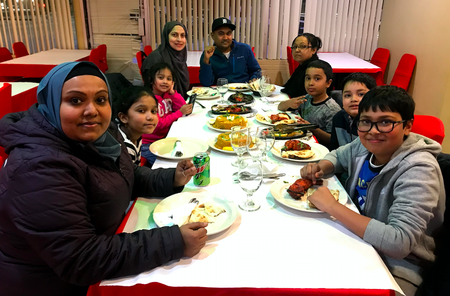
One sign of that growing diversity was on display last year when community organizers chose Bismillah Kabob as a spot for the Embassy of Bangladesh to set up mobile services such as expedited visa processing. Nearly a thousand people came through over two days.
A Community Gathering Space
The restaurant’s front door opens and Tanvir Choudhury walks in. He is one of Bismillah’s oldest customers. He takes in the aroma of curries and butter chicken. Afzal serves him a cup of steaming hot cup of Bangladeshi milk tea called dood saa.
“We come here like since its opening and the before they remodeled this place they used to have a small place… and like you know just the demand is growing up because we don’t have lot of…not too many Bengali like restaurants around here.”
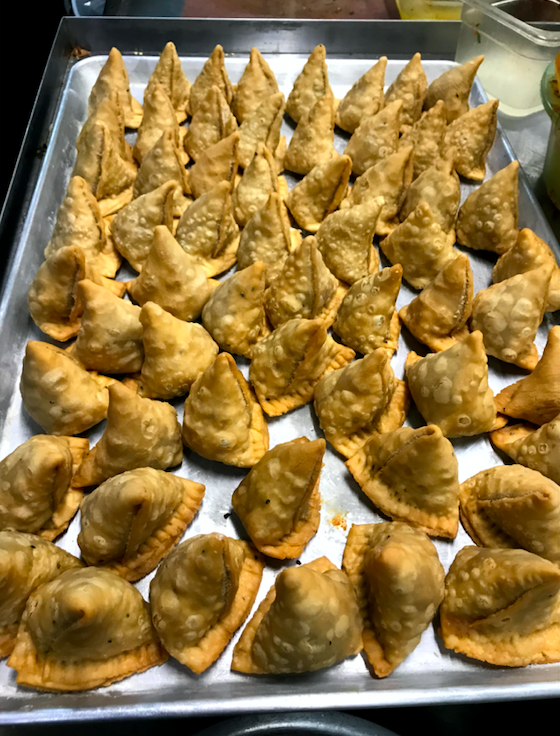
When Bismillah Kabob first opened, they mainly served halal burgers and fries. Slowly samosas, biryani and chicken tikka masala were introduced to their mostly non-Bangladeshi customers.
The menu still includes some American favorites. Aisha Zeben of Dearborn came to eat with a friend, “Today we had the chicken wings, which I know is not the like most desi thing to order at a restaurant but they were actually really good. I was pleased.”
Bismillah Kabob takes its name from a prayer said by Muslims before eating or doing any good deed. “Bismillah” literally means, “In the name of God.” For Muslims, it’s an easy way to spot a halal restaurant. It’s a reference lost on most non-Muslims.
Nick Buza, a teacher in Warren who discovered the restaurant last summer, says “Most people driving by do they know what Bismillah is? No. Do they know what it means? Absolutely not. Have they ever tried the food? Probably have no idea what’s inside of here.”
Afzal says after five years the restaurant is no longer struggling. Bismillah’s customer base is now a 50-50 mix of Bangladeshi and non-Bangladeshi diners. He says, “I feel happy because I am able to provide a community service and provide halal food, so kids can take halal food to school. And people who work at the factories and companies can also have halal food during lunch. I am happy can sell halal food… tikka masala, butter chicken, tikka biryani, chicken tikka, tikka kabob.”
For Afzal, what started with a simple question, what was he going to have for lunch, has helped to answer a bigger one. Can the Bangladeshi community create new opportunities and connect in a new place, one that has at times been openly hostile to them. Bismillah Kabob seems to show there is indeed a way to get from here to there, from burgers to biryani

Food, Borders and Belonging explores food in Detroit from the perspective of immigrants and journalists of color. Inspired by the Feet in 2 Worlds Food Journalism Fellowship at WDET, this series of stories looks at the role food plays in the transformation of city neighborhoods and in defining identities. Read more here.

